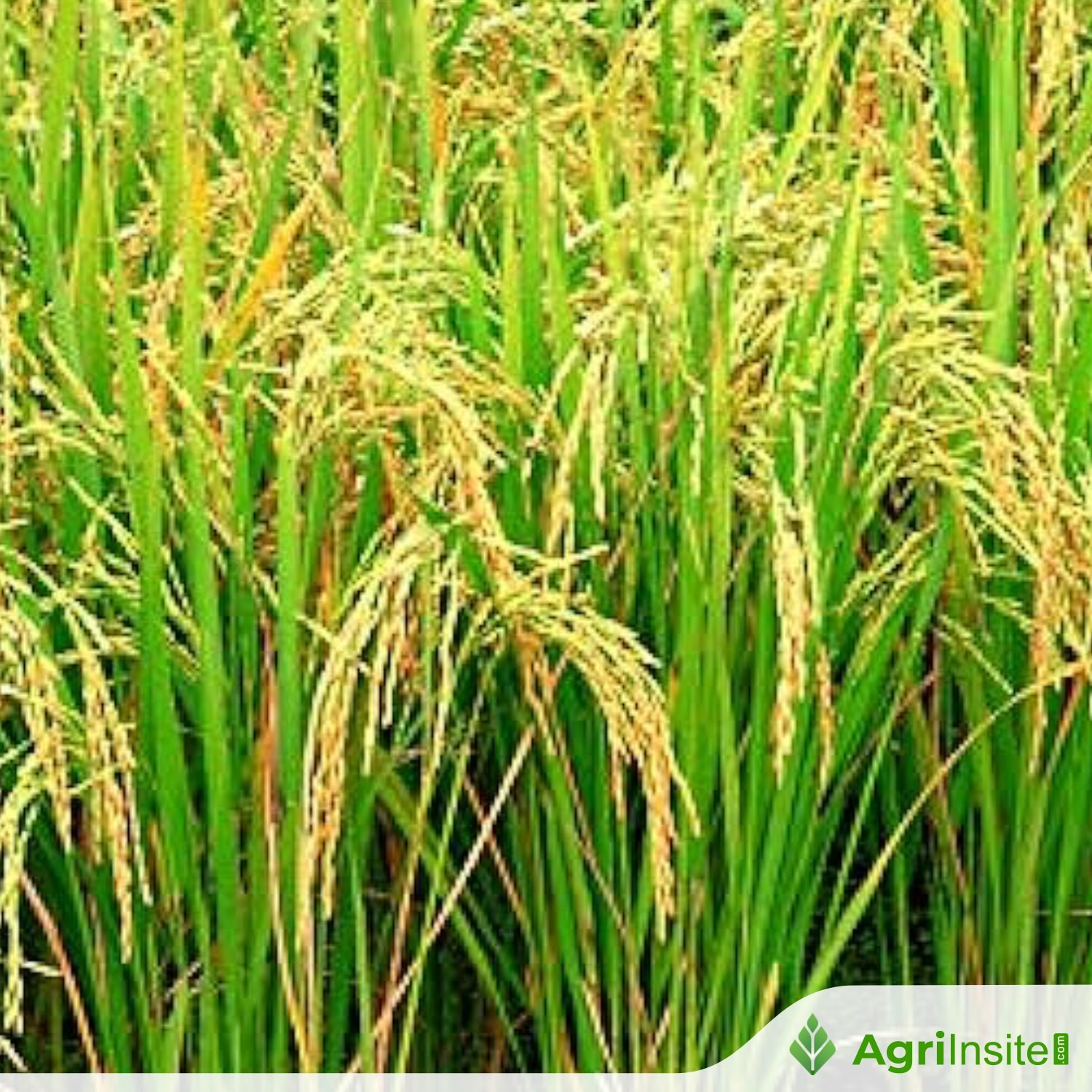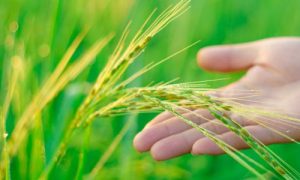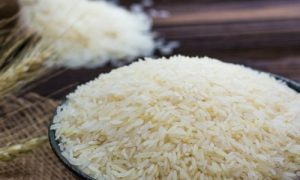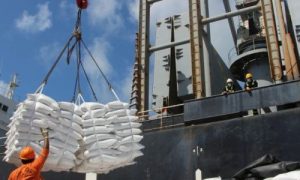Kenya, Korea team up to boost rice output

Kenya, in partnership with the Korean government, is enhancing its rice seed system to reduce the 85% import dependence. Through KALRO and the K-Rice Belt project, high-yielding Korean rice varieties are being tested and introduced. Efforts include developing certified seeds, boosting yields to 7.5 t/ha, and expanding infrastructure for sustainable rice production.
Kenya is developing a seed system for rice production in order to bridge the deficit gap of importation, which is currently at 85 per cent.
The Kenya Agricultural Livestock Research Organisation (KALRO) Director General Dr Eliud Kireger said that they have partnered with the Korean Government, who are supporting the seed system looking at certified quality seed.
The DG, who was speaking during a one-day symposium to discuss rice production in Nairobi, said the consumption of rice is going up because of the younger generation, who are not very much interested in ‘Ugali.”
“We have some local varieties that we have developed here, but the Koreans have very good quality and high-yielding rice varieties, and therefore we are testing those varieties and then introducing them to Kenya,” Dr Kireger said.
He added that the development of a facility in KALRO Mwea will see the production of certified seeds for the farmers, but also areas like Coast, Ahero, and Nyanza will also be incorporated.
“The key thing here today is to concentrate on how we can empower our farmers to increase their production from the current 2.5 to 3 tonnes per hectare to 4.5-5, up to 7 hectares,” he added.
Dr Kireger said the Korean government is supporting them in infrastructure or seed production, cleaning, and seed storage.
“We are also investing in research to produce quality certified seeds. Bringing in several varieties for trials here. Looking at which one performs best, it adopts it and produces it for the farmers.
Korean Ambassador to Kenya, Hyung-Shik Kang, said the cooperation between Kenya and Korea dates back 60 years, a major milestone in upgrading bilateral relations, especially cooperation in the agriculture sector.
“This important symposium on improving the rice seed production system in Africa is very necessary because in Africa, the agricultural sector has a very important role, accounting for more than 40% of employment,” he said.
Kyung-Shik said the two projects, namely the K-Rice Belt to enhance food production and address the food shortage crisis, also account for the seed production system complex.
He promised that the K-Rice project will be expanded in the future to contribute to addressing food shortages, especially rice shortage problems, and also said there is huge potential for more collaboration between the two nations in areas of trade and investment.
“The Korean companies are seeking to explore opportunities in the agricultural sector and food processing manufacturing, and I want to promote more business opportunities in Kenya, which is a very favourable investment environment,” Kyung-Shik said.
Dr Ruth Musila, the Centre Director for KALRO, MWEA and who is the principal investigator for the KOPIA project, said they have selected three food varieties namely Ukafasi 39, ISRIS 6 and ISRIS 7, that are under the National Performance Trial Season 1.
“We are going to do another season from October, so that by next year January, we will have results from the national performance trials and once they have passed, they can be released,” she noted.
Dr Musila said they will be looking at the qualities of these particular seeds that make them attractive for the Kenyan ecological system; the varieties are very high yielding compared to the local.
“The current improved varieties we have yield about six to seven tonnes. But the varieties we have introduced, we are seeing that they can yield around seven to 7.5 tonnes per hectare. So that is one of the qualities of these varieties. And the other thing is that they can also be grown both under irrigated conditions and under rain-fed lowland conditions,” the centre director said.
The Africa K-Rice Belt project stands out as a flagship collaboration, where it aligns strongly with the government’s Bottom-Up Economic Transformation Agenda (BETA) and the National Rice Development Strategy, both of which prioritize reducing rice imports.
Today’s symposium comes at a critical time. Rice has become one of the fastest-growing staple foods in Africa, with demand rising steadily due to changing diets and urbanisation.
To Read more about Rice News continue reading Agriinsite.com
Source : Kenya News














